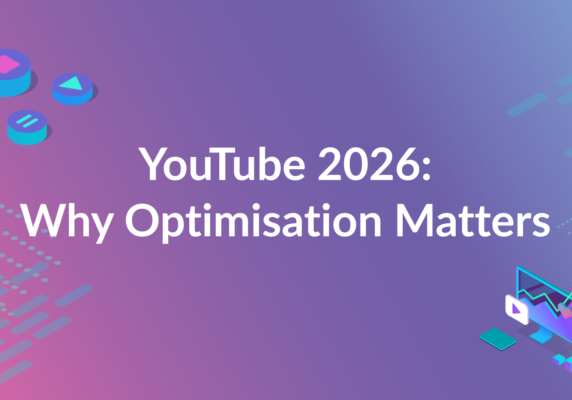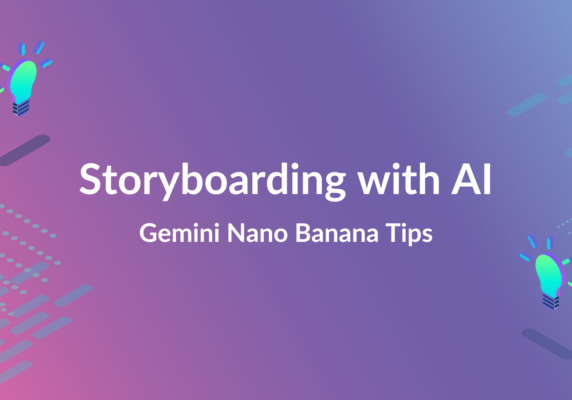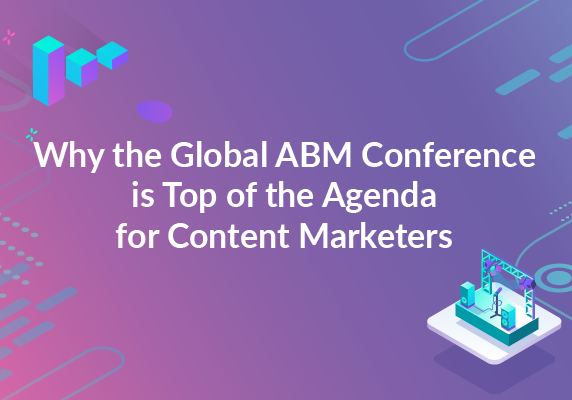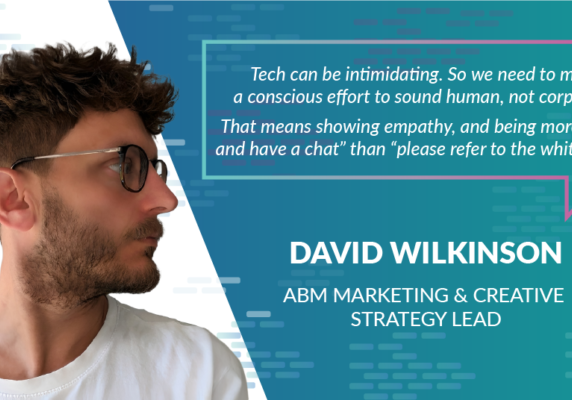Why great scriptwriting (by humans) is at the heart of the best content!

We welcome Hollywood screenwriter Shawn deLoache to our Experts Corner to discuss the value of scriptwriting in an AI-age, the fundamentals of writing long-form & short-form content, and why we should spend a lot more time developing our scripts to get the best possible results for our content.
Shawn is a celebrated writer, working on Netflix shows, feature films, ad campaigns and more recently for games studio Maval as their Chief Creative Officer.
1. Why is high quality writing so important for all screen content; whether it be for movies, games or social media content?
Oooh good question, and I think the answer, for me, is over saturation. I’m in my 40’s which, means I grew up when streaming didn’t exist. You had limited options for what to watch, even if you had cable, and we’re beholden to whatever was on at the time.
Now, you have what feels like unlimited options to choose from at any time, not just new content but the nostalgic content you watched as a kid or teen. Because of this, if you want to stand out you’re movie/show needs to be not just good, but great, and that all begins and ends with a great script. You can have the biggest most beloved stars and a crazy budget to have the most epic VFX and action, but if the story is bad, if the dialogue is bad, then the show/movie will be bad.
This goes for video games and social media content as well…you have so many options that are so easily accessible if the quality of the writing/story isn’t good then people will just hop to the next thing or go back to their old comfy standbys.
2. Are there any fundamental values that you live by when you sit down in front of a blank page?
Oooh, more good questions, you guys are good at this!
Okay, I have a few rules for myself when I write. 1) I always know my ending before I start. I think it’s important to know where you’re going before you dive in, have a basic road map. 2) Directly contradicting 1), remember that the script is alive, you are going to get to know the characters the more you write them and what you had planned might change as the characters truly come to life. I love when I’m writing and I realise, ‘oh shit, this character has to die!’ or ‘damn, they’re in love,’ when it wasn’t what I planned. You need to have a map, but be willing to change directions if you realise where you thought you were going isn’t where the story wants to be. 3) Finally, I don’t believe a world where no one makes a joke. I don’t care how dramatic or scary or serious the situation or characters are…someone is going to make a joke…or fart at an inappropriate time etc. If you take humour out of the world, the world no longer feels real to me.
3. For short-form content like ads, why is it important to write compelling characters rather than simply relying on performance?
When done right, characters become the face of the products and suddenly you don’t even need some super catchy jingle or witty dialogue, you just need the person/mascot and you immediately think about the product. Geico Gecko, Flo from progressive, Tony the Tiger from Frosted flakes, for example, are the faces of their products. You see them, even for a second, and you think about insurance or sugar riddled cereal. With the ability to skip ads and fast forward etc. being able to remind people of your product in a simple glance is really important.
4. For agencies trying to produce scripts quickly in-house, why is it worth outsourcing to a specialist writer?
There are certain topics that you are going to want an expert on or you’re going to be wasting time and money creating something unauthentic that isn’t going to do well…and going back to your first question, there’s so much content that if it isn’t good, people are just going to move onto the next thing. You don’t want a writer who has never read a Batman comic writing a Batman movie.
5. What have you learnt from working in the games industry that you’re using in your writing today?
What I learned working in games just reinforced what I’ve learned working in TV/Film/ Comicbooks is that engaging story and character are the key to success and longevity.
6. Dare I ask, how has AI changed the scriptwriting industry?
Not for me, not yet. Any writer, real writer, isn’t going to use AI to write their stories for them. We had a giant strike over here in the states to protect writers from studios using AI to replace us. Does that mean it isn’t happening? I’m sure studios and people are experimenting with it, but as for now you still need humans on the keys if you want to make anything in Hollywood.
7. Do you use any AI tools for productivity or generating ideas?
I’ve played around with it for visual concepts for pitch decks, but I’m not a fan. I don’t use it for writing at all. I love writing, why would I let the robot do what I love? Why can’t the robot do the things I hate like laundry?
8. Are you optimistic about what the future holds for scriptwriters?
This is a really hard time in our industry between AI threatening jobs, streaming services constantly buying other streaming services and thus limiting the players and buyers of scripts while simultaneously making shows with shorter and shorter seasons, and what feels like the agonisingly slow but inevitable death of network TV.
BUT I think we’re just in a transition period. I think the AI bubble will eventually pop, not only has it yet to prove it can do anything more than create hollow, soulless echoes of other people’s art, but we’re seeing the environmental impacts running it has is so incredibly devastating it’s just not worth it. Streamers will always need content and, because of the fatigue of overused IPs, need lots of new shows and movies to stay competitive with one another.
I don’t think we’ll ever have a world where there isn’t a need for stories… at least not a world worth living in.
Brilliant Shawn, thank you for your expert insights into the writing process, and your glass-half-full philosophy for screen and content writers amidst the AI revolution.
Feel free to connect with Shawn on LinkedIn to discuss more.







